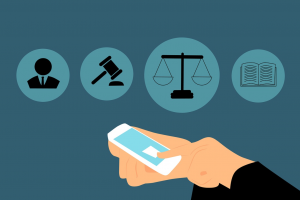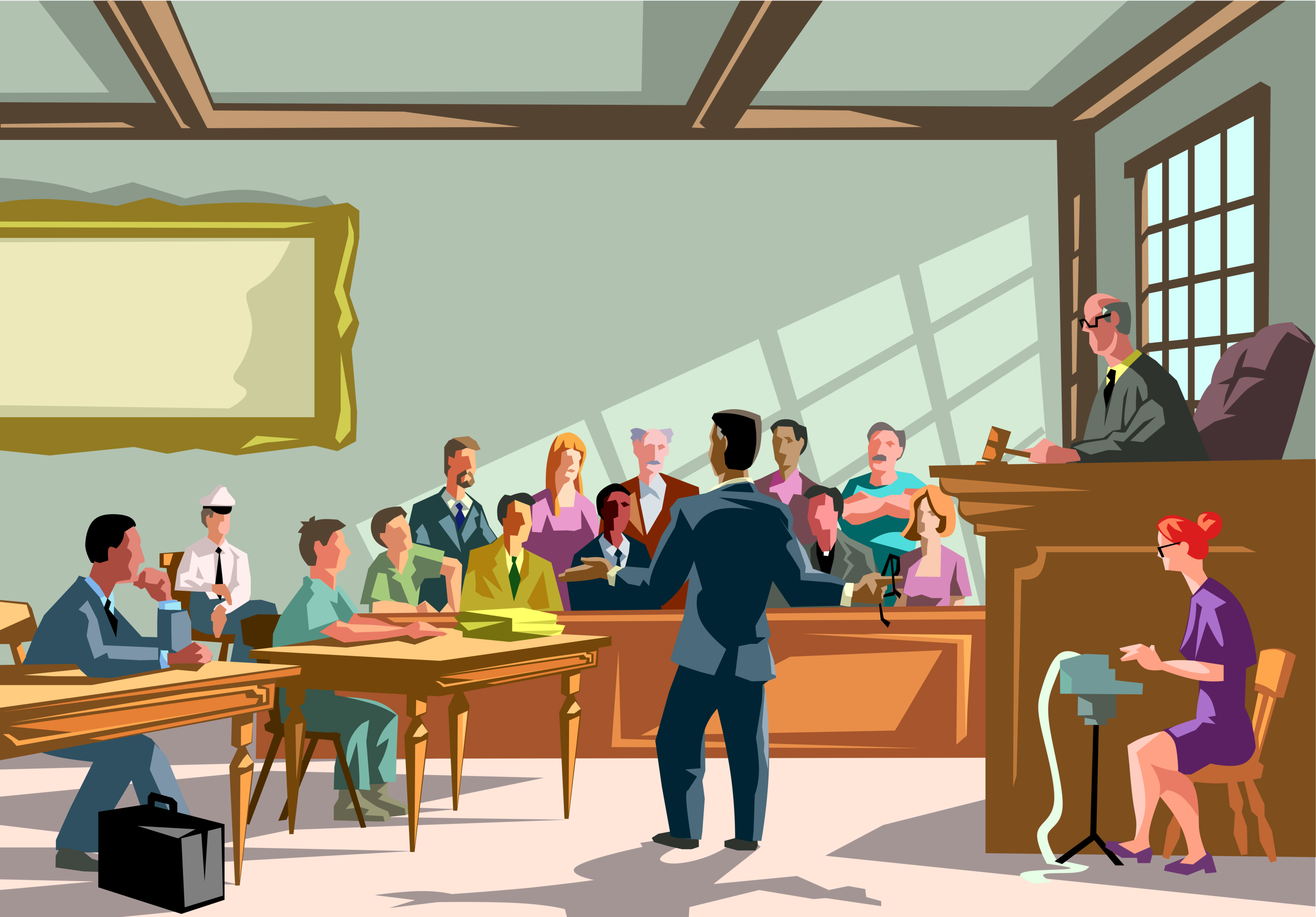Much of your trial preparation will revolve around legal strategy.
Some of the most common civil actions we find in the legal field are personal injury lawsuits. These lawsuits cover a broad spectrum of cases and laws, making personal injury a vast legal category rather than a specific or niche subset of law. Even so, many personal injury cases face similar hurdles when making their way to the courtroom.
Every personal injury lawsuit will begin with a formal complaint filed with the appropriate court. In simplified terms, a complaint is a list of allegations, facts to support those allegations, and demands for relief. Once filed, the complaint kicks off a lengthy and often complex legal process that may culminate in a court of law.
Filing a Complaint for a Personal Injury Lawsuit
To begin a personal injury lawsuit, you must first file a complaint. The complaint is a list of allegations against the defendant. These allegations are backed up by statements evidence. A complaint must also include demands for relief from the court. If a court cannot grant relief, it cannot hear the case.
While this seems simple, it is far more complicated than one might think. The allegations made in a complaint must be more than mere accusations of wrongdoing; allegations must be stated with specificity. Vague statements regarding injury and fault are likely to be rejected by the court.
Similarly, your complaint must have sufficient supporting facts and information. For example, you might want to allege that your neighbor crashed their car into your porch, causing significant property damage. To do so, you must also provide specific information that backs up your claims. What kind of car does your neighbor drive? What date did the accident happen? Was anyone in the car with your neighbor? How much did repairs on your porch cost? This is all information that lends credibility and support to your claims.
You must also consider the court you file your complaint with. If you file with the wrong court, your complaint might be rejected, and you will have wasted precious time. Even worse, the court might mistakenly accept the case only to dismiss it months later after someone realizes the error, wasting even more time. Make sure to discuss your case thoroughly with your Long Island personal injury lawyer to avoid these kinds of errors.
What Happens After I File a Personal Injury Case?
Once a personal injury complaint is filed, the complex process of getting the case to court truly begins. A trial is not usually scheduled immediately after a complaint is filed. Instead, there are numerous pre-trial hearings and meetings to get through first. Some of these hearings are to figure out logistics, while others aim to resolve the case without a trial.
The discovery process begins very soon after a personal injury case is filed. This process involves each party sharing important, relevant information about the case with the other. This might seem strange to those unfamiliar with court proceedings. After all, wouldn’t it make more sense to play your cards close to your chest? In reality, there are no surprises in a lawsuit. Once a personal injury lawsuit gets to court, each side should know everything the other side has in its legal arsenal.
In addition, the discovery process allows each side to conduct interrogatories and depositions of various witnesses from both sides. Depending on how many people need to be interviewed and the nature of the case, this could take months to complete.
Many personal injury cases go through mediation or settlement negotiations before a trial. The civil justice system is often clogged with cases, and any cases that can be resolved outside of court help alleviate the pressure. Your case might end in a private settlement agreement or through a mediation hearing. Alternatively, these negotiations could fall apart, and a trial would have to be scheduled.
What Happens in a Personal Injury Trial?
After months or even years of planning, your personal injury case has finally made it to trial. Trials can be unpredictable and may take a long time to complete. Ideally, each party should know all the evidence and witnesses introduced at the trial, and there should be no surprises. However, sometimes witnesses fail to show up or talk about new information they did not previously disclose. A good attorney should be able to roll with the punches.

A trial involves evidence, arguments, and strategy. You could have all the evidence in the world, but it means very little without a solid legal strategy and good legal arguments. The burden of proof in these cases is a “preponderance of the evidence” standard. This is lower than what is required in criminal cases (“beyond a reasonable doubt”) and allows victims to win cases when the jury has around 51% certainty in their claim.
Remember, trials are very formal hearings that involve strict legal rules and procedures. Any deviation from the rules may be met with a stern reprimand from the judge. Evidence might also be blocked if it is introduced improperly. Significant deviations might cost you the entire case. A good practice in court is to sit back and listen to your attorney.
How to Prepare a Personal Injury Case for Court
Preparing a personal injury lawsuit for a courtroom is far easier said than done. Civil lawsuits are notoriously slow. Most take several months to prepare, while more complex cases might take years. In the meantime, there are numerous pre-trial hearings to contend with, witnesses to wrangle, evidence to analyze, and damages to assess.
Even if you have one attorney representing you in court, a personal injury lawsuit is often the result of a team effort. Other attorneys and support staff might have helped your case get from the complaint to the trial.
Much of your trial preparation will revolve around legal strategy. As more information comes in and more evidence is reviewed, your Bronx personal injury lawyer might shift focus and adjust their legal strategy. Your strategies and tactics might change several times before trial as new evidence emerges or settlement negotiations shift. However, once you get to the trial date, you should have a solid plan in place.


Join the conversation!